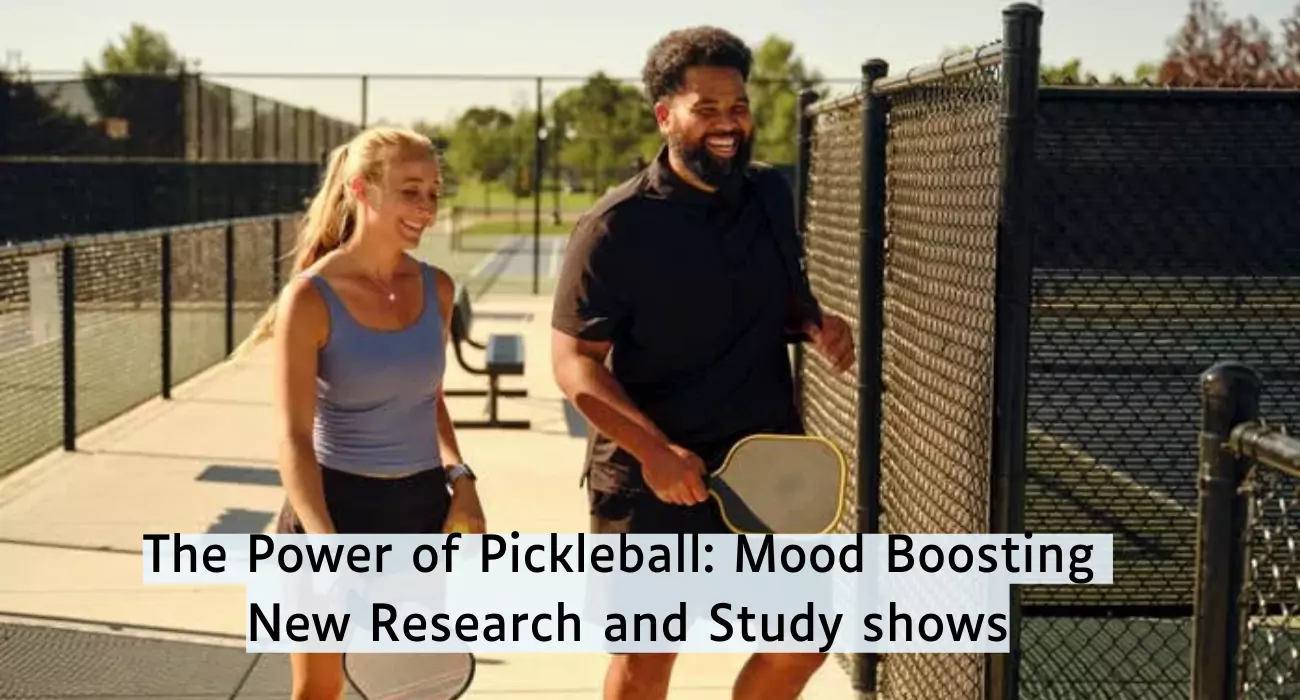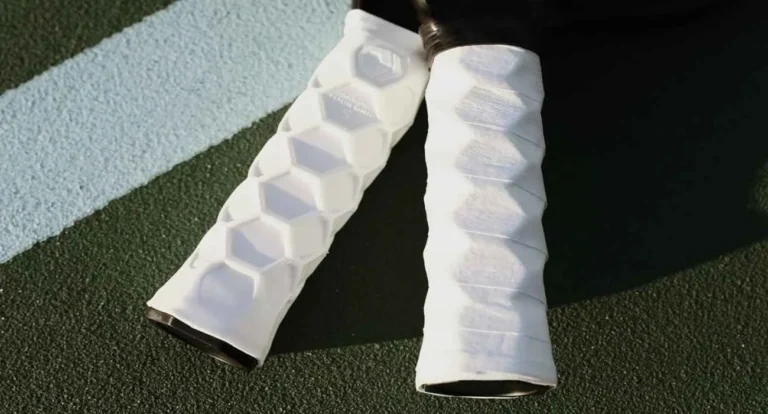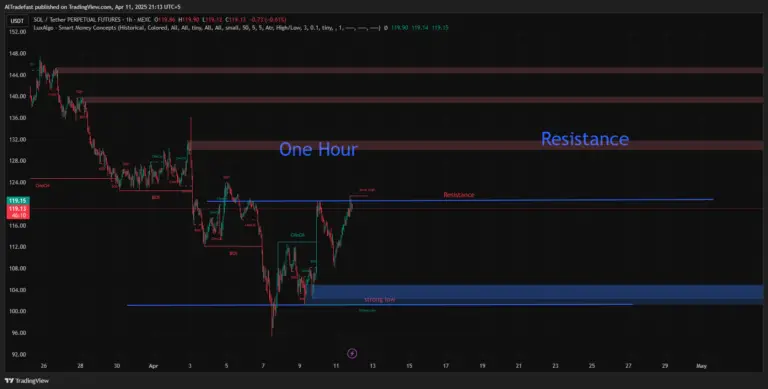Pickleball has taken the nation by storm, with courts, clubs, and leagues sprouting up everywhere. Last year, a whopping 19% of Americans – nearly 50 million people – picked up a paddle, according to the Association of Pickleball Professionals.
So, what’s behind pickleball’s explosive popularity? For starters, it’s a blast to play and offers a competitive edge. It’s also a great way to build friendships and a sense of community, with people of all ages and skill levels welcome to join in. But perhaps the biggest draw is its mental health benefits – making it a win-win for body and mind!
Pickleball: A Winning Combination for Body and Mind
A recent Apple study has uncovered the impressive health benefits of pickleball, leveraging data from Apple Watch users who participated in the research. The findings reveal that playing pickleball not only provides a robust workout, boosting cardiovascular and metabolic health but also shows a significant association with reduced rates of self-reported depression.
According to the study, frequent pickleball players reported a remarkable 60% lower rate of depressive symptoms compared to the general participant group. In essence, racket sports like pickleball offer a holistic workout, benefiting both physical and mental well-being, making them one of the healthiest activities available.
Dr. Calum MacRae, principal investigator and a renowned cardiologist and Professor of Medicine at Harvard Medical School, highlighted the multifaceted reasons behind this observation, including the sport’s impact on hormones, neuromuscular coordination, resilience, and more, in an interview with HuffPost.
The Power of Pickleball: Boosting Physical and Mental Well-being
According to Dr. Calum MacRae, sports like pickleball offer a wealth of physical and mental health benefits. Engaging in aerobic activities like pickleball triggers the release of endorphins, which are natural pain-relievers, stress-reducers, and mood-boosters.
Playing pickleball is a fun and efficient way to meet the recommended 150 minutes of moderate-intensity exercise per week. Regular physical activity is proven to enhance quality of life and promote healthy aging, especially in older adults. Plus, with the average pickleball game lasting around 90 minutes, you can easily knock out half of your weekly physical activity needs in just one session!
By incorporating pickleball into your routine, you can experience the numerous benefits of physical activity while having a blast on the court. So, grab a paddle and get ready to serve up a healthier, happier you!
Pickleball: Building Connections and Community
Pickleball offers more than just physical benefits – it also provides a platform for social connection and community building. By joining leagues or playing with others, individuals can form new relationships, strengthen existing bonds with friends and family, and develop a sense of belonging. The inclusive nature of pickleball allows people of all ages, skill levels, and backgrounds to come together and share a common interest.
As Emily Hemendinger, an assistant professor of psychiatry at the University of Colorado Anschutz Medical Campus, notes, “Humans thrive when we experience connection, and pickleball allows us to bond with one another through an activity that also physically makes us feel good.”
Pickleball: A Double Win for Body and Mind
Dr. Calum MacRae suggests that playing pickleball outdoors may have an added mood-boosting benefit: increased exposure to natural daylight. Research shows that more natural light leads to better sleep quality, activity levels, and overall quality of life.
But that’s not all. Pickleball also requires focus, quick thinking, and strategic planning. If you get distracted, you might get hit with the ball or let your partner down! This mental engagement promotes cognitive functioning, which can help prevent cognitive decline. In fact, studies have found that sports like pickleball and racket sports can even improve memory and processing speed, according to Emily Hemendinger.
In short, pickleball is a double win: it works out your body and exercises your mind. Engaging in mindful movement with others can improve your mood and overall physical and mental health. As Hemendinger puts it, “Any type of mindful movement, especially with others, can improve mood and help your physical and mental health.” This post originally appeared on HuffPost.














